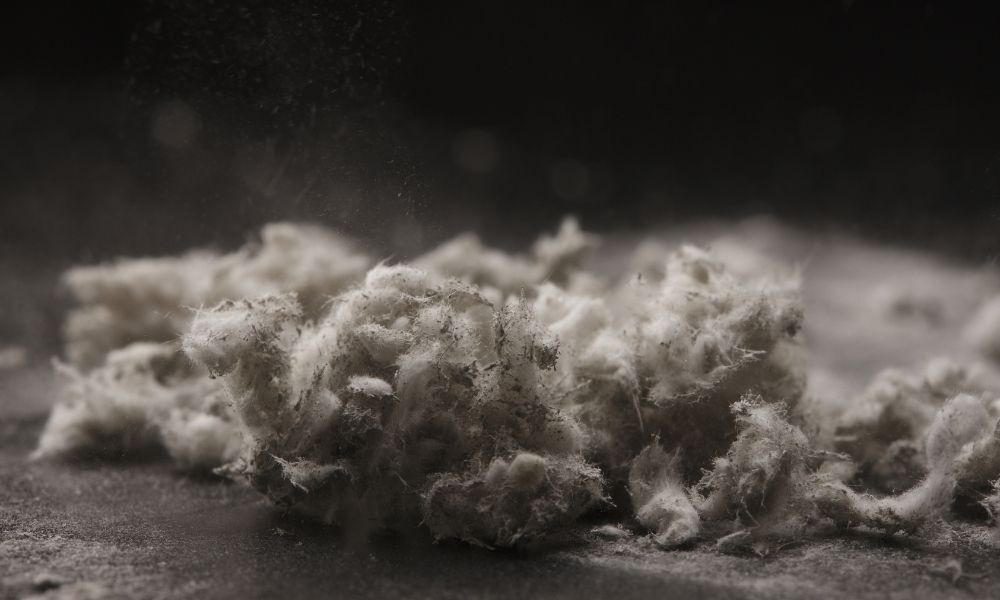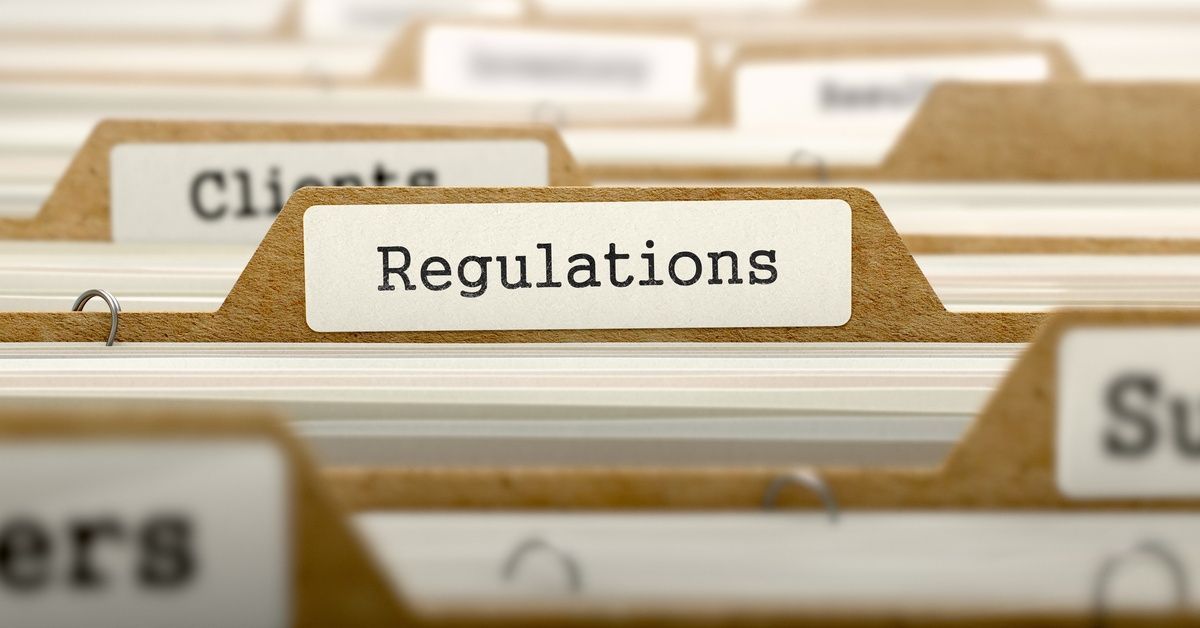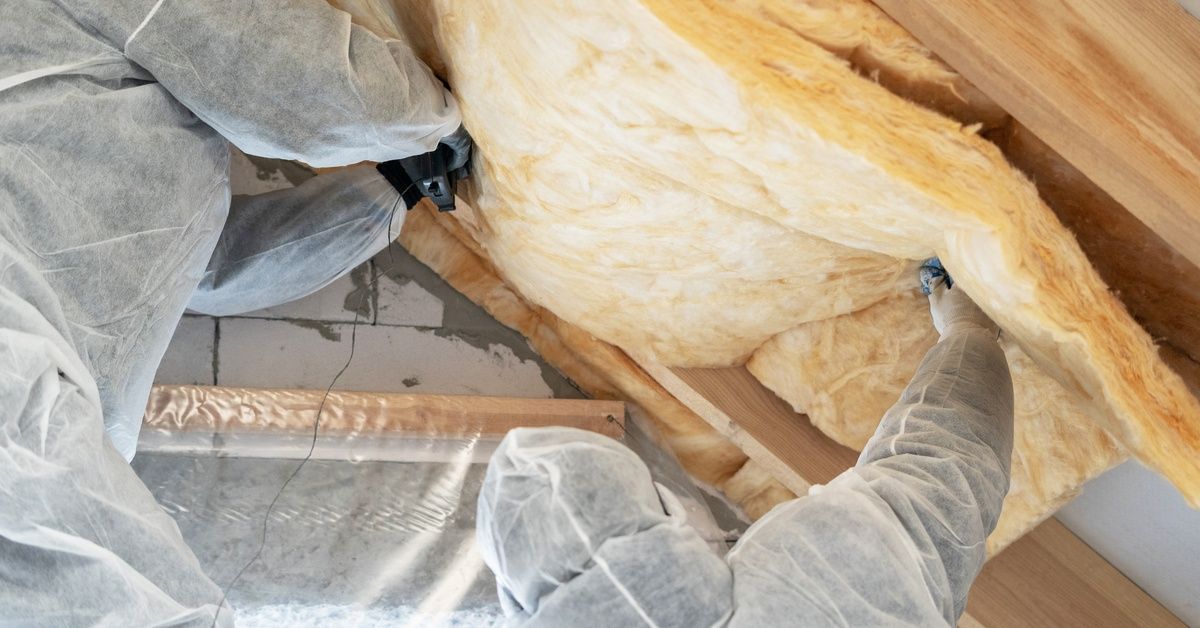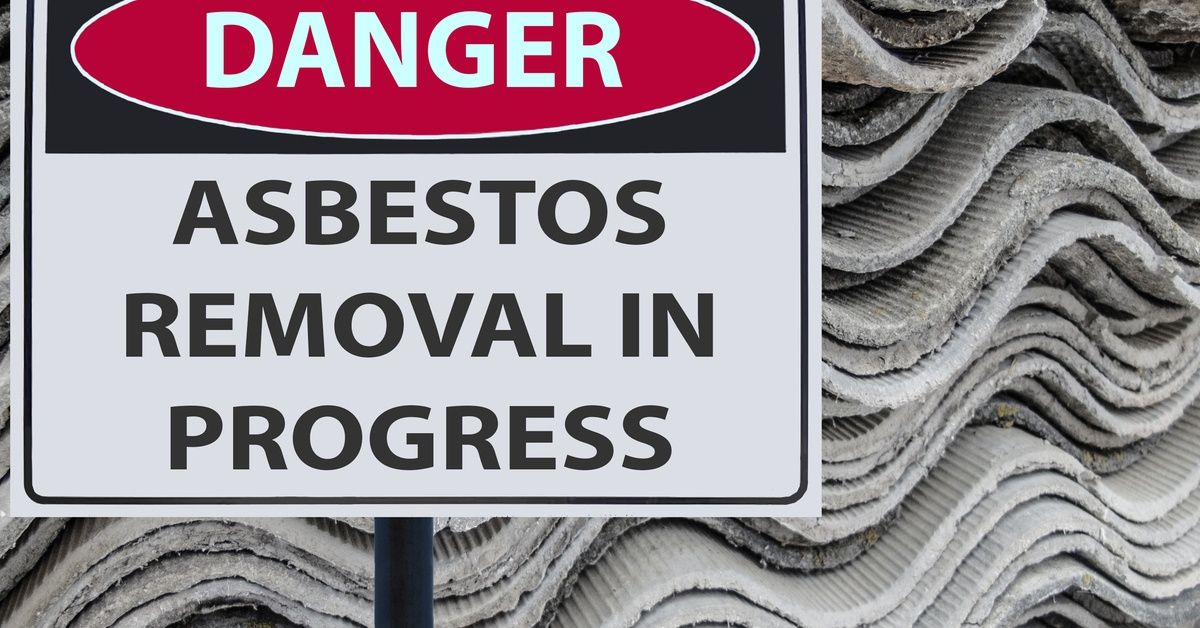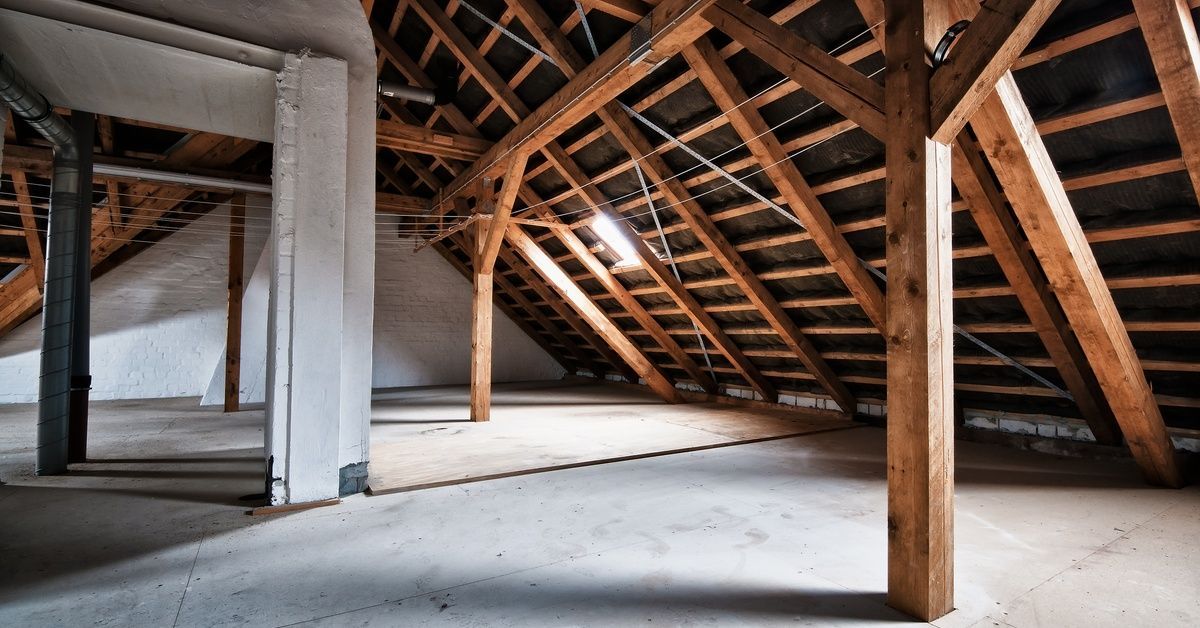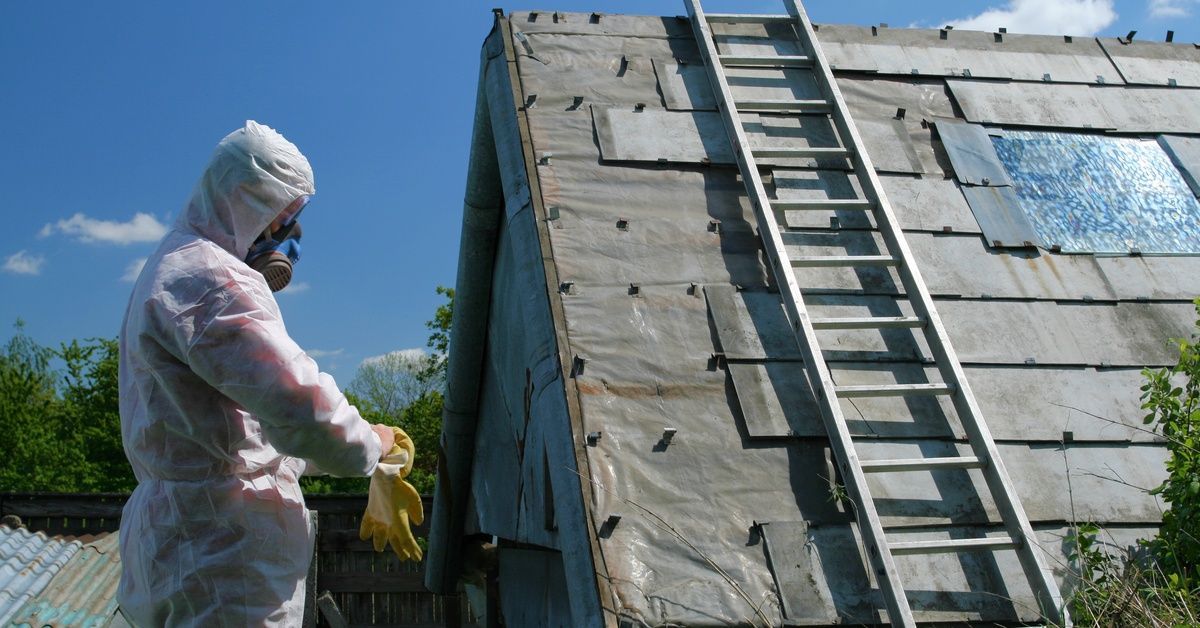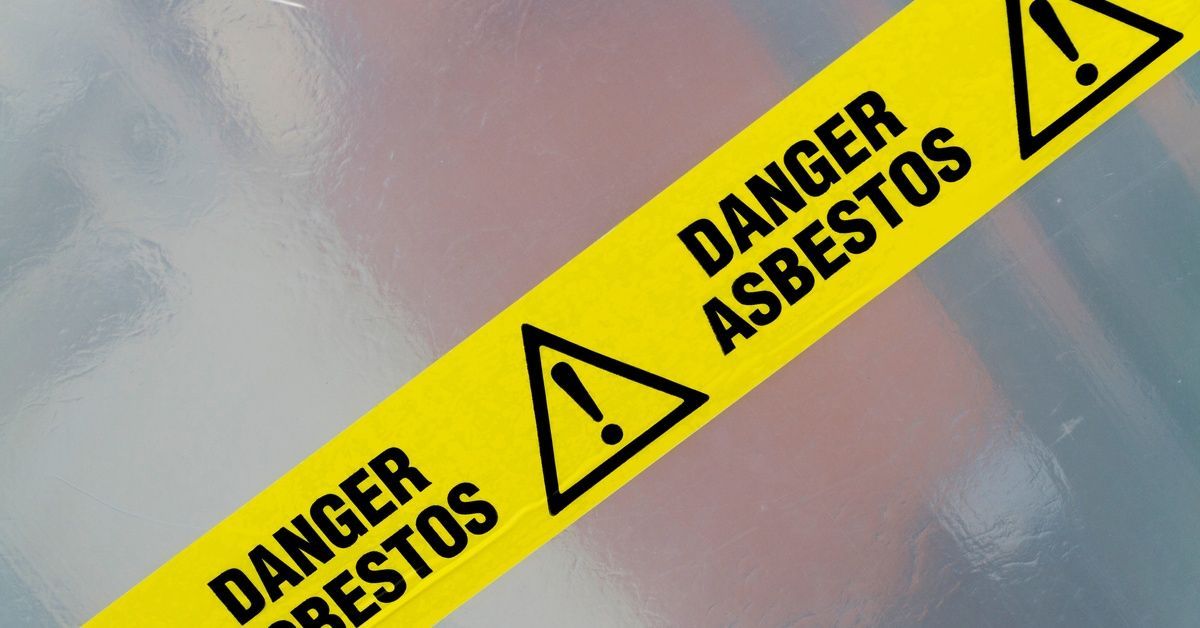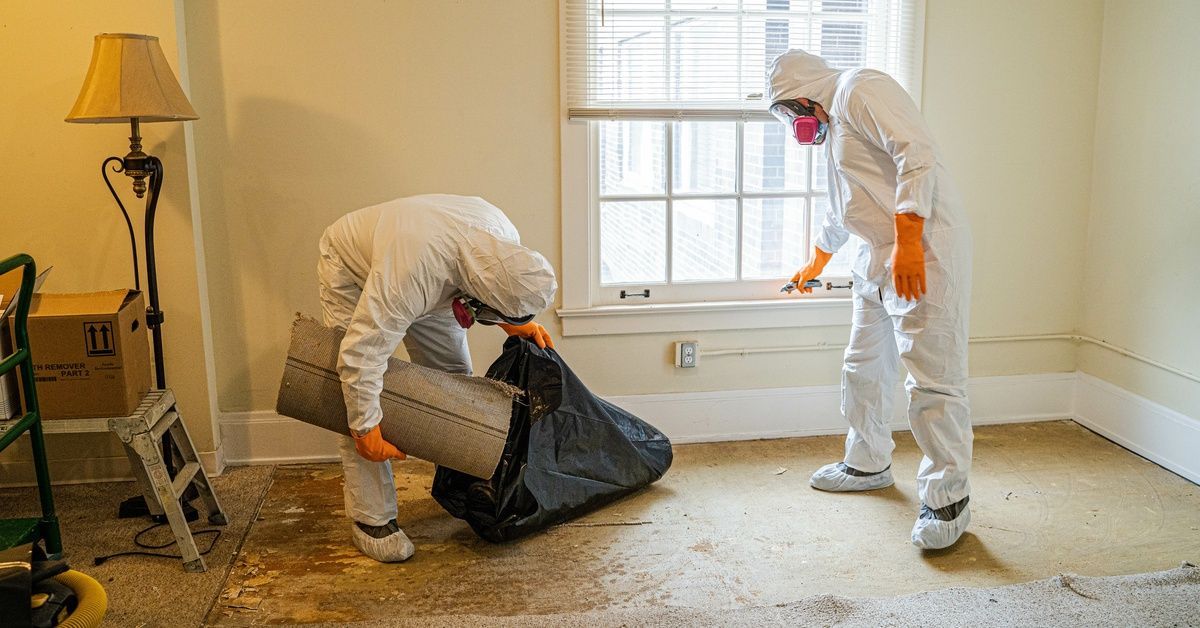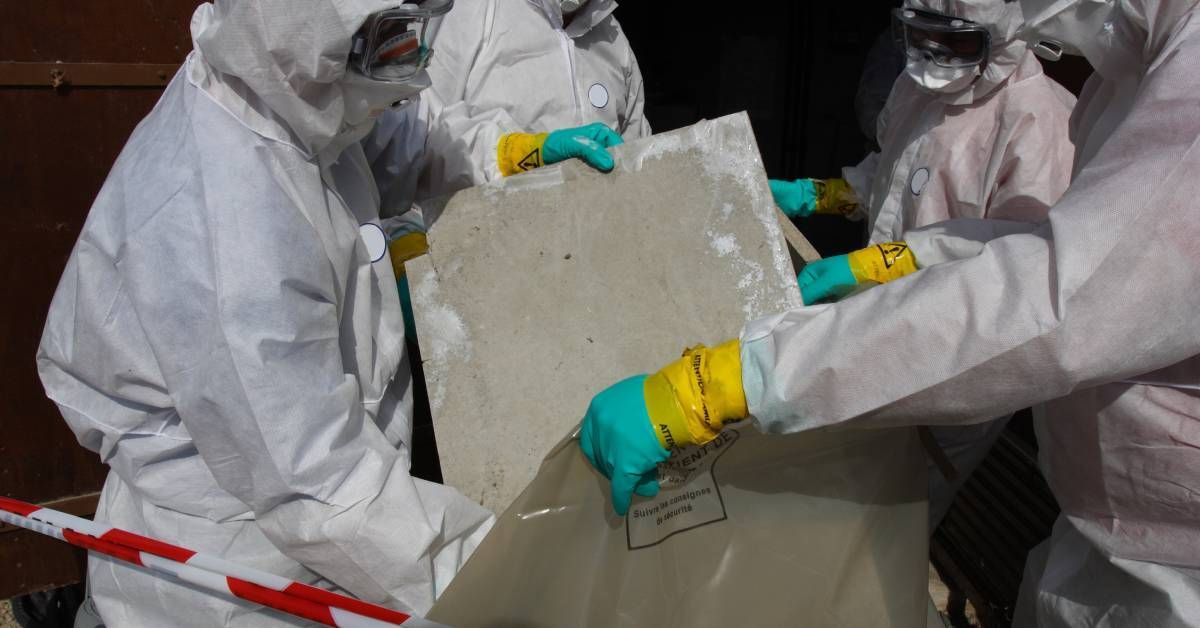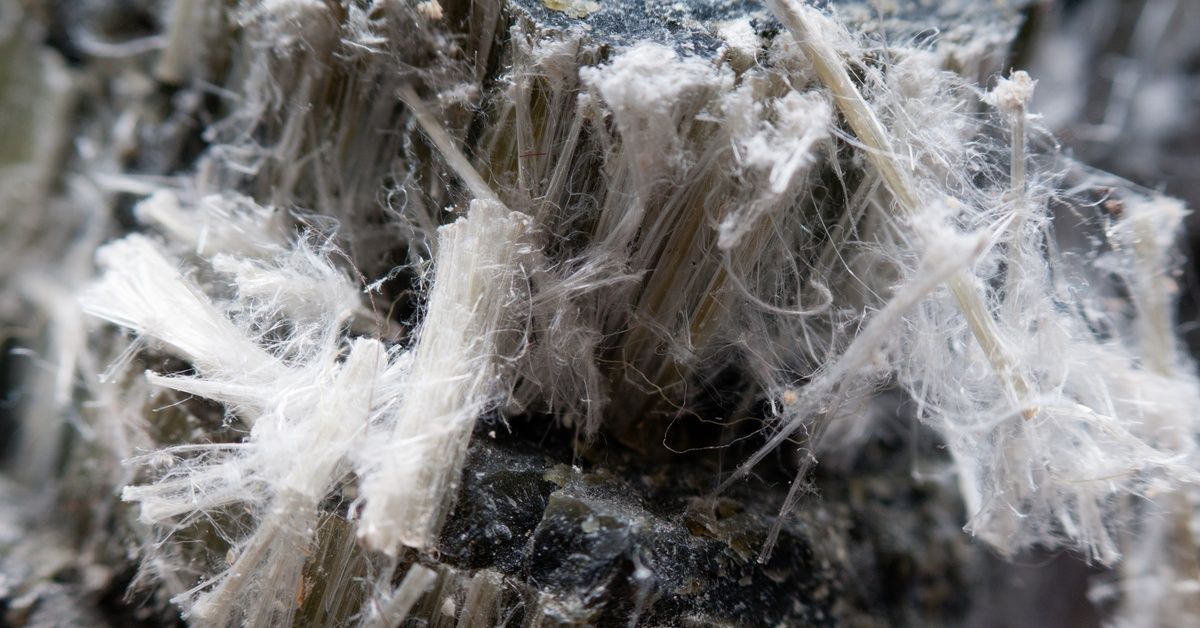Why Is Asbestos Still Legal in the United States?
With all the publicity about the dangers of asbestos, you might assume it’s no longer being used in construction—but you’d be wrong. The regulations are stricter, but the substance is still present in new roofing materials, drywall, floor tiles, and more. The reasons asbestos is still legal are complicated, but there’s still hope that it will be banned in the United States.
Banning Materials Is a Slow Process
The effects of the mineral have been documented since the early 1900s, and the rare lung cancer mesothelioma was linked to asbestos exposure in the 1940s. In 1970, the US Clean Air Act identified asbestos as a hazardous pollutant, but the Environmental Protection Agency (EPA) wasn’t empowered to regulate toxins until 1976.
The Ban Was Overturned
In 1989, the EPA issued the Asbestos Ban and Phase-Out Rule, which made it illegal to import, manufacture, or sell asbestos and asbestos-containing products. However, in 1991, an appeals court overturned the ban on technical grounds. The ruling said the suggested alternatives for asbestos were not the “least burdensome” solution for the industries that used it. The EPA did not appeal the ruling. There was one small victory, however: although asbestos can continue to be used in the way it’s been used in the past, no new uses are allowed.
Politics
Different bills have attempted to curb the use of asbestos, but Congress has blocked them. Lobbyists for manufacturers have challenged any limits and bans as being too disruptive to the economy. Switching to asbestos substitutes will be expensive. There’s also no guarantee that the alternatives are safer.
Change Has Been Incremental
The main reason asbestos is still legal is because of government resistance, but there have been some baby steps of progress. The EPA’s Safe Drinking Water Act keeps asbestos out of our water sources, and some uses for the toxic mineral have been banned: flooring felt, roll board, and corrugated and specialty paper. In 1990, legislation was passed to eliminate asbestos in schools.
Other parts of the world are ahead of the United States when it comes to banning asbestos. The United Kingdom, Canada, Brazil, Japan, and Australia are among the more than 60 countries that have already outlawed it. But even if asbestos is banned in the US, there remains an enormous amount of material in buildings to clean up and dispose of safely.
If you suspect you need asbestos removal in Massachusetts, Air Safe, Inc. is a licensed and certified company that can guide you through the abatement process. Call us if you’d like your building tested or if you just have questions. For more than 30 years, we’ve been helping Greater Boston breathe easier.

